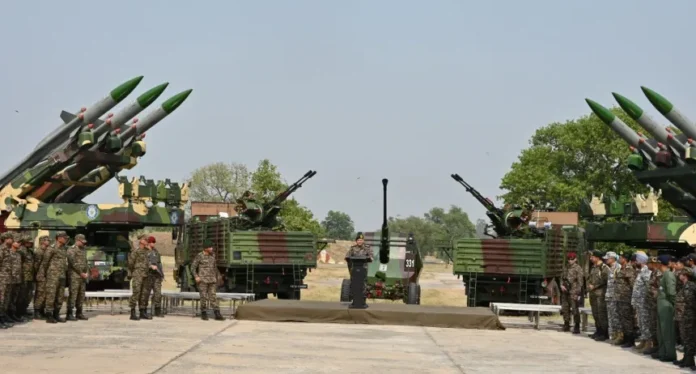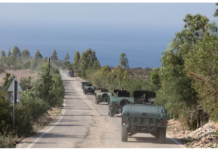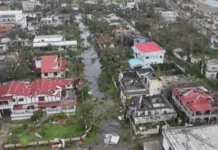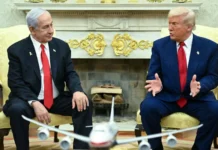Indian border forces shot dead a Pakistani man who allegedly crossed into Indian territory and failed to heed warnings, officials said Saturday, in the latest incident testing the fragile ceasefire between nuclear-armed neighbors India and Pakistan.
According to a statement by the Border Security Force (BSF), the incident occurred Friday evening in Gujarat state’s Banaskantha district, near the international frontier. Troops reportedly observed “one suspicious person advancing towards the border fence,” which lies inside Indian territory, and opened fire after the man ignored verbal challenges to stop.
“The intruder was neutralised on the spot,” the BSF said. A photograph released by the force showed the lifeless body of a middle-aged man with greying hair.
The shooting comes just two weeks after India and Pakistan reached a ceasefire agreement, following four days of cross-border hostilities that left more than 70 people dead. The conflict, marked by missile strikes, drone attacks, and artillery fire, was one of the most serious flare-ups in recent years.
Tensions had escalated sharply after an April 22 attack on tourists in Indian-administered Kashmir — the deadliest assault on civilians in the region in decades. India blamed Pakistan for supporting the Islamist militants responsible for the attack, a charge Islamabad has strongly denied.
While both sides agreed to halt hostilities earlier this month, the latest border killing underscores how precarious the truce remains. There has been no immediate response from Pakistani authorities regarding the identity of the deceased or the circumstances surrounding the incident.
India and Pakistan have fought three wars since gaining independence in 1947, and periodic skirmishes along the contested border, especially in the Kashmir region, remain a persistent source of tension.
Security analysts warn that without sustained diplomatic engagement and confidence-building measures, isolated incidents such as this one risk reigniting broader conflict.
Written By Rodney Mbua



















